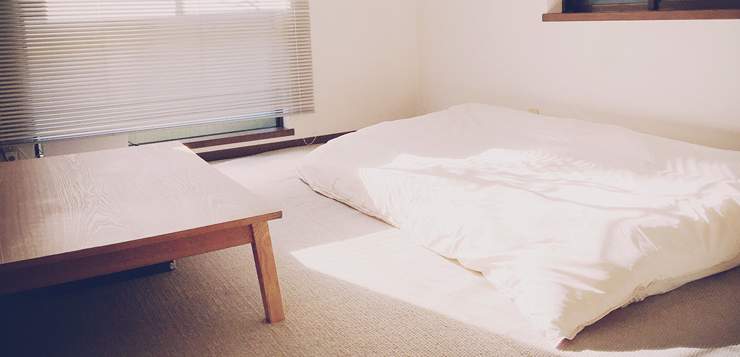
Letting go isn’t always easy, but it can be incredibly freeing. Many people find themselves overwhelmed by the weight of their belongings—items accumulated over years that once served a purpose but now sit unused and unnoticed. Clearing out clutter isn’t just about making space in your home; it’s about making room for peace, clarity, and mental wellbeing.
Whether you’re decluttering a single room or embarking on a full-home reset, temporary off-site solutions like self storage in Cambourne can ease the process. By moving non-essential items out of sight during your transition, you create both physical and mental space to consider what truly adds value to your life.
Why We Hold On
There are many reasons we keep items we no longer use. Some things represent memories, aspirations, or simply the fear that we might “need them one day.” It’s common to attach identity or security to possessions, especially those linked to past roles or relationships. That emotional connection can make decluttering feel like loss, rather than a step forward.
Recognising these attachments is the first step in letting go. Ask yourself: does this item serve a current purpose, or am I holding onto it out of guilt, nostalgia, or habit? Being honest about your reasons helps shift focus from fear of loss to the relief of release.
The Emotional Benefits of Decluttering
Letting go of unnecessary belongings can significantly reduce stress. Clutter is linked to increased cortisol levels, the hormone associated with stress. A home full of visual reminders of undone tasks and forgotten projects can feel heavy and distracting.
In contrast, an organised space supports calmness. When surfaces are clear and drawers contain only what’s useful, you spend less time searching and more time enjoying your home. That sense of control, however subtle, can have a huge impact on your overall wellbeing and mental clarity.
A Step-by-Step Approach to Simplifying
Start small. Choose one drawer, one cupboard, or one category—like books or kitchen utensils. Create three piles: keep, donate, and store. The ‘store’ category is especially helpful when you’re not quite ready to say goodbye. It lets you distance yourself from the item, reflect on whether you miss it, and decide later with a clearer mind.
Designated storage away from your home can act as a halfway house. It removes the emotional pressure of an immediate decision, while still offering the relief of a tidier living space. After a few months, you might find you didn’t even notice the item was gone—making it easier to part with for good.
Creating Room for What Matters
Letting go isn’t just about eliminating the old—it’s about creating space for what supports you now. Whether it’s a peaceful corner to read, a spare room for guests, or simply clearer walkways, decluttering makes your home work for your current life, not a version of it from years ago.
As you make these changes, don’t be surprised if it sparks shifts in other areas too. A clearer home often leads to clearer habits, sharper focus, and a greater sense of calm. You may find yourself more intentional about what you bring in, valuing simplicity over accumulation.
Letting go of possessions can be a powerful act of self-care. It’s not about minimalism for the sake of trend, but about making conscious choices that support your daily life, reduce anxiety, and open up space—for both your things and your thoughts.

